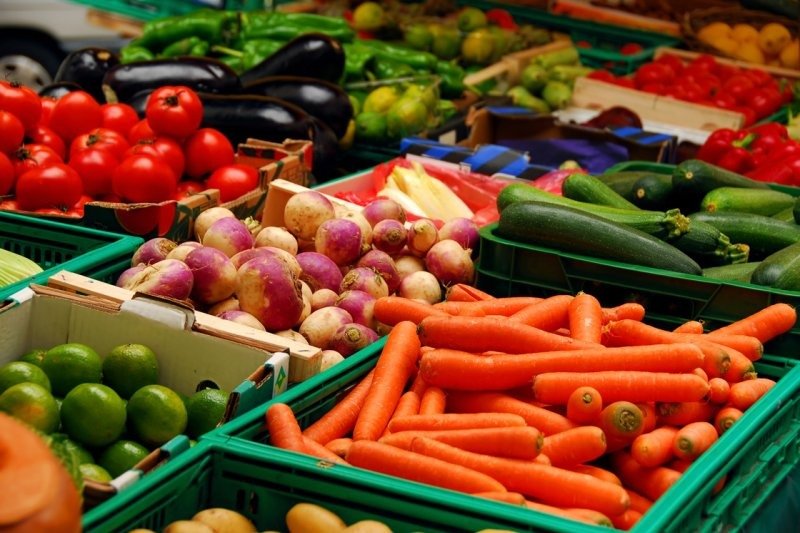Insignificant Increase of Vegetables' Export in Jan-Apr 2023
Climatic conditions have favored the agricultural production of Albania this season, especially in greenhouses.
The warm winter enabled uninterrupted production of cucumbers, while tomatoes hit the market almost a month earlier, but these favors have not translated into greater volumes of production and export.
Data on foreign trade in the first 4 months of the year refer to exports of greens representing production in greenhouses having increased by only 1 percent in quantity.
Exports of vegetables in quantity, which are also the largest group in the total of foods sold abroad, remained unchanged. This group experienced rapid growth over the past decade, driven by investment in supply chains and the expansion of greenhouse acreage.
Most of the vegetable exports are represented by the tomato, which this year is also being introduced to the Italian markets. Producers in the municipality of Dimal, one of the areas with the highest density of greenhouses in the country, claimed that production for those who have planted has been good this year, but investments have been reduced in the last two years by rising input costs, increased burden fiscal and depopulation of the village.
Although demand and import prices have increased in the last two years, expanding opportunities for income growth, this has not spurred export growth in volume. In the first 4 months, exports of vegetables reached the value of 33 million euros with a 17 percent increase as a result of higher prices in the export markets. But farmers in the production areas claim that they are not profiting from rising prices in international markets.
A kilogram of tomatoes produced by farmers in greenhouses is sold to exporters at 70 Lek per kilogram for the best quality, while according to the categories the prices are for 40-70 Lek per kilogram.
Farmers claim that exporters are benefiting more from higher prices in international markets than producers, this is an old problem.
Albanian farmers, especially producers, unlike the Region and Europe, bear all the losses that come from market fluctuations. In Albania, there is a lack of support mechanisms for agriculture and especially for producers, who are totally exposed to weather conditions, rising prices of raw materials and demands from the market.
In Europe and developing countries, agricultural producers are protected from trends and changes in the markets, due to the difficulties they face and the importance of their work and the products they produce for society, the Monitor reported.













